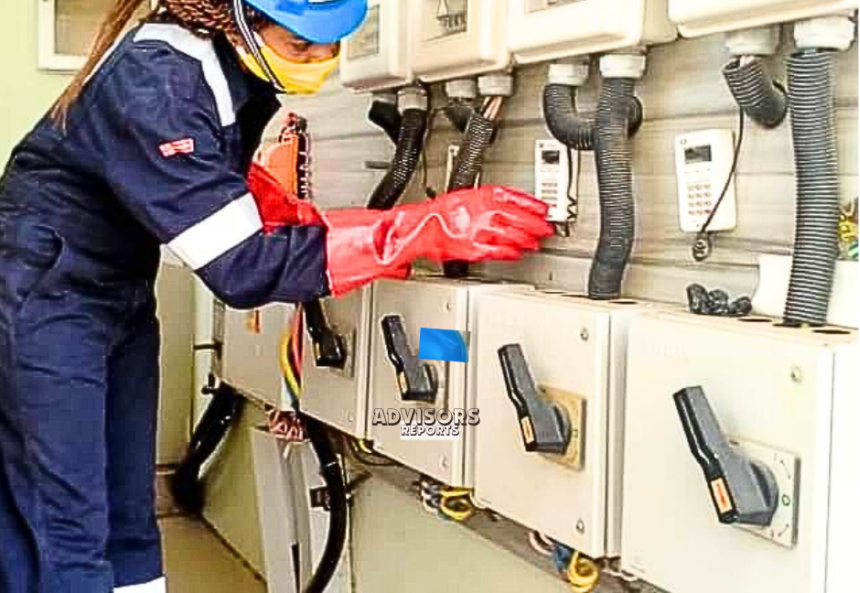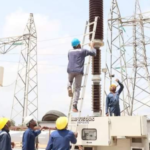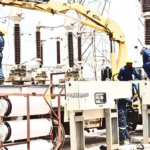Oredola Adeola
The twenty-one (21) active power plants that were forcibly shut down following the industrial actions initiated by the Nigerian Labour Congress and Trade Union Congress (TUC) on Monday, have started resuming operations, with the supply of an average of 3,005.37 to the national grid.
This comes on the backdrop of the suspension of the industrial actions on Tuesday, June 4, 2024, by the workers to allow the FG commit to concrete and acceptable National Minimum Wage, take definite steps to reverse the electricity tariff hike back to N66/kWh amongst other demands.
The data sourced by Advisors Reports from the Independent System Operator’s platform on Tuesday, June 5, 2024, showed that 15 power plants, including 11 gas turbines and 4 hydro plants, were operational.
These plants supplied an average of 150MW per hour between 3:30 PM when the recovery began and midnight peaking at above 2000MW.
Notable plants that resumed included Afam VI (gas), Azura Edo IPP (gas), Dadinkowa GS (hydro), Delta (gas), Geregu (gas), and Geregu NIPP (gas).
Others were Jebba (hydro), Kainji (hydro), Odukpani NIPP (gas), Okpai (gas/steam), Olorunsogo (gas), Omotosho (gas), Paras Energy (gas), Shiroro (hydro), and Trans Amadi (gas).
On Tuesday afternoon when the strike was suspended, only the Ibadan Electricity Distribution Company (IBEDC) received 50MW, while other distribution companies (DisCos) did not receive any power from the grid.
However, by 9:36 PM that day, there was incremental progress, with the Transmission Company of Nigeria (TCN) distributing 645MW among 11 DisCos. Abuja DisCo received 155MW, Kano DisCo 95MW, Ikeja DisCo 90MW, Ibadan DisCo 70MW, Enugu DisCo 50MW, Eko DisCo 35MW, Benin DisCo 30MW, and Jos DisCo 30MW. Port Harcourt DisCo and Yola received none.
Meanwhile by Wednesday, the number of active power plants increased to 21, collectively supplying an average of 2,600MW/h as the period of filing this report.
Advisors Reports noted that Egbin Power Plant, the largest in the country, which was unavailable on Tuesday, was reconnected to the grid on Wednesday, along with five others, including Ibom Power, Olorunsogo NIPP (gas), Omoku (gas), Rivers IPP (gas), and Sapele (steam).
As more generation plants resumed operations, supply to the grid system increased from 2,125MW at midnight to 2,635MW by 1 AM, reaching 3,005MW by 1 PM on Wednesday.
Detail of power transmitted to the DisCos network by the TCN showed that Abuja DisCo got 370MW, being the highest on Wednesday morning.
It was trailed by Ikeja DisCo 366MW, Eko DisCo – 311MW, and Ibadan DisCo -290MW.
The Benin DisCo on the other hand received 197MW, as Enugu DisCo got 173MW, Port Harcourt DisCo -171MW, Kano DisCo – 162MW, Kaduna DisCo -156MW, Jos DisCo -136MW, and Yola DisCo 52MW.
The figure has continued to rise significantly due to the incremental supply from the GenCos into the TCN network, resulting in increased output by the DisCos.
While the Transmission Company of Nigeria (TCN) has yet to release a situation report on the impact of the forced shutdown on its facilities, Advisors Reports gathered that power infrastructure across the country has been significantly affected by the operations of power companies.
This forced disruption that lasted for almost two days has led to a sluggish recovery, making optimal supply to consumers nationwide a herculean task for NESI operators.
Advisors Reports confirm that the DisCos, GenCos, and TCN are currently assessing the commercial and operational costs, including technical losses, incurred due to the forced shutdown.
The impasse also disrupted the DisCos’ ability to consistently provide a minimum of 20 hours of daily availability to customers under Band A, as well as other customers across various tariff bands.







